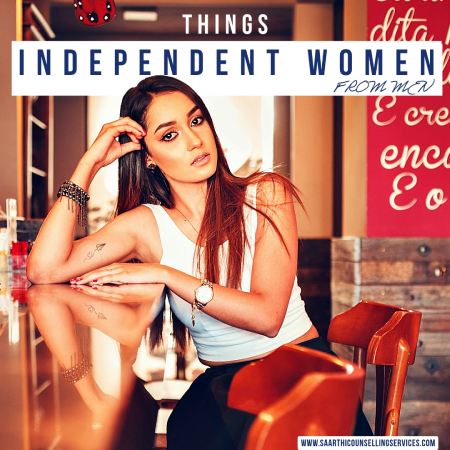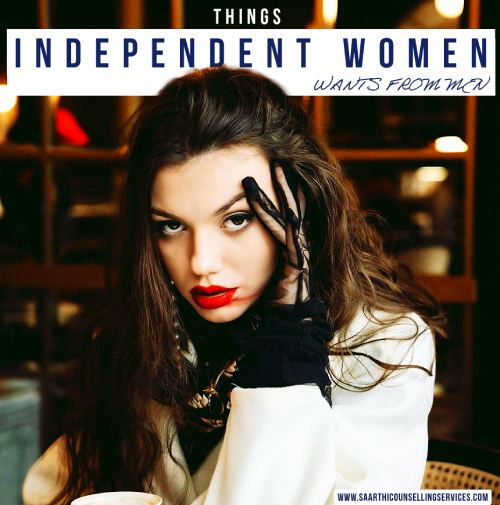Decodes Relationship Expert Shivani Sadhoo
If you thought that simply finding the perfect partner guarantees a happily ever after, think again. Love alone doesn’t shield us from moments of unhappiness or regret in marriage. As time passes, these moments can linger, potentially leading to the painful decision of separation or divorce. But what if I told you there’s a crucial factor that could significantly reduce the risk of divorce? According to relationship gurus and psychologists, timing matters just as much as compatibility—if you’re eyeing a divorce-free future, marry at the right age. Yes! Age matters!
Let’s find out more about this from India’s leading marriage counsellor and relationship expert Shivani Misri Sadhoo. Getting married too young can lead to divorce. But waiting too long, which isn’t as long as you might think, can also cause problems.
Why you shouldn’t marry in your teens or early 20s?
Scientifically speaking, the human brain isn’t fully developed until the mid-20s. So, you’re still figuring out a lot about yourself and what matters to you. The risks associated with early marriage are:
- Young people lack the experience and maturity to understand themselves and their goals in life. So, they rush into a relationship only to end up marrying the wrong person. This leads to a painful divorce.
- Early marriage often means starting a family sooner, which can pose financial challenges as young couples may not have stable careers or sufficient income to support themselves and any potential children.
- Marrying early can interrupt educational pursuits, limiting career opportunities and economic stability in the long run.
- Young couples may have unrealistic expectations about marriage and their partner, which can lead to disappointment and conflict when reality does not meet their expectations.
Why you shouldn’t wait too long to get married?
Studies reveal that marrying after 32 increases your risk of divorce approximately by 5% every year. The reasons could be:
- Baggage from Past Relationships: You might still have emotional stuff from previous relationships.
- Complex Family Situations: You might have kids from previous relationships, making things more complicated.
- Money Matters: Managing finances can be more challenging with established careers and responsibilities.
- Career Stress: Jobs can demand a lot of time and energy, which might strain your relationship.
- Midlife Crises: In your late 30s or 40s, you might start questioning your life choices, which can affect your marriage.
- Changing Priorities: As you get older, what you want from life might change, causing conflicts with your partner.
- Kids Leaving Home: When your kids grow up and move out, you might realize issues in your marriage that were hidden before.
- Trouble Communicating: Over time, it might become harder to talk openly with your partner, leading to misunderstandings.
- Cheating: Though it can happen at any age, affairs might be more common in your 40s, hurting your marriage.
What’s the right age to marry?
Studies reveal that getting married between the ages of 28 and 32 is linked with a lower chance of splitting up within the next five years. This age range seems to be just right for a few reasons.
- Maturity: People in this group tend to be more grown-up and less carried away by emotions. They’ve been through enough life experiences to handle tough situations better.
- Not so rigid: At the same time, they’re not too stuck in their own habits to compromise.
- Financial Stability: They often have enough money and stability to handle marriage without extra complications like ex-partners or kids from previous relationships.
So, all in all, this age range brings a good balance of maturity, flexibility, and financial security to make marriage more likely to last.
We must remember that there is no one-size-fits-all formula for marriage. While statistics suggest an optimal age range for tying the knot, individual circumstances, readiness, and compatibility remain crucial in ensuring a lasting and fulfilling



